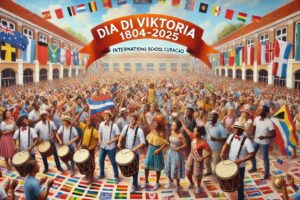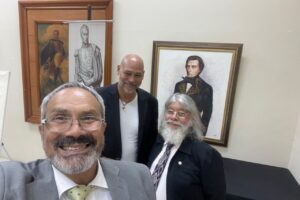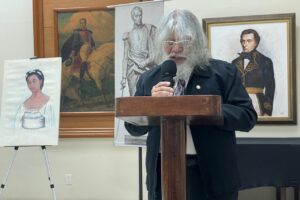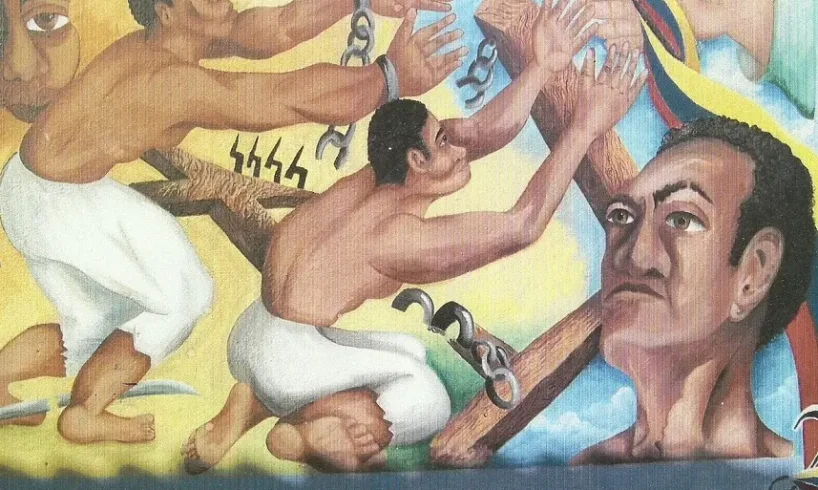
José Caridad González emerged as an influential figure in the late 18th-century Caribbean, advocating against the oppressive system of slavery that marked the region. Born in Africa, González was forcibly taken to Curaçao, where he lived under the brutal conditions of slavery. His journey, however, did not remain confined to servitude; he became a central figure in the fight for freedom, eventually fleeing Curaçao and gaining prominence for his intellect and leadership.
Early Life and Journey to Freedom
Although the specifics of González’s early life are unclear, he is believed to have originated in the African regions of Loango or Mina. After being transported to Curaçao, González seized the opportunity to escape and fled to Coro, Venezuela. In Coro, his linguistic abilities and intelligence garnered respect from the enslaved community and the local authorities, establishing him as an influential voice for justice.
The Coro Rebellion and Revolutionary Influence
González’s escape to Venezuela placed him amid a revolutionary wave sweeping across the Americas. The late 18th century was a period of significant upheaval, influenced by events like the French Revolution and the successful Haitian Revolution, which resonated deeply among the Caribbean’s enslaved populations.
Inspired by these ideals, González joined forces with José Leonardo Chirino, another prominent leader, in organizing the Coro Rebellion of 1795. This rebellion was a radical attempt to overthrow the institution of slavery and establish a republic based on equality and freedom.
The rebellion took a decisive turn on May 10, 1795, when Chirino led an assault against the slaveholders in Macanillas. Unfortunately, the uprising was quashed due to betrayal and limited support. González, who had tried to rally support, was eventually captured.
While historical accounts vary on his precise role—some sources label him as a primary organizer, while others suggest he acted as a supporter—González was executed on May 12, 1795, marking the end of his direct involvement but solidifying his legacy.
Legacy and Commemoration
José Caridad González’s resistance to slavery has had a lasting impact, particularly within Afro-Venezuelan history. May 10, the date associated with the Coro Rebellion, is now celebrated as Día de la Afrovenezolanidad (Afro-Venezuelan Heritage Day) to honor the lives and sacrifices of those who resisted the brutal regime of slavery. Monuments erected in Venezuela commemorate González and Chirino as symbols of resilience and a commitment to justice.
José Caridad González’s transformation from an enslaved individual to a revolutionary leader represents the broader struggle of African diaspora communities against colonial oppression. His life story reflects the aspirations for freedom and equality that resonated among the enslaved throughout the Caribbean, inspiring future generations to continue the fight for human rights and liberation.
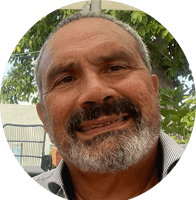
Tico Vos is a professional photographer, producer, and tourism specialist. He has been documenting the History, Culture, and News of Curaçao. This site is a documentation of the history of Manuel Carlos Piar.

